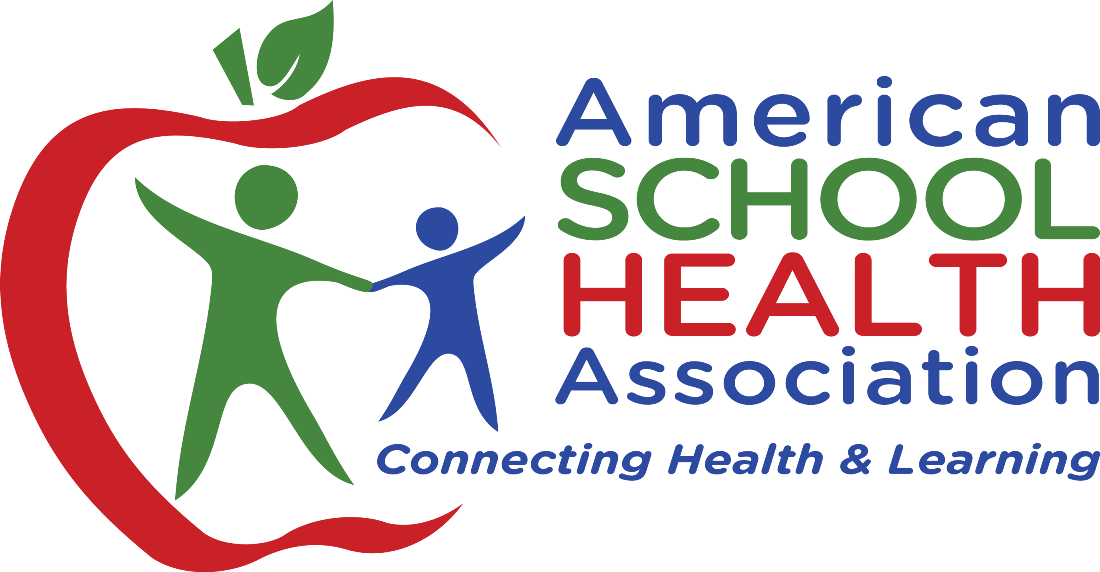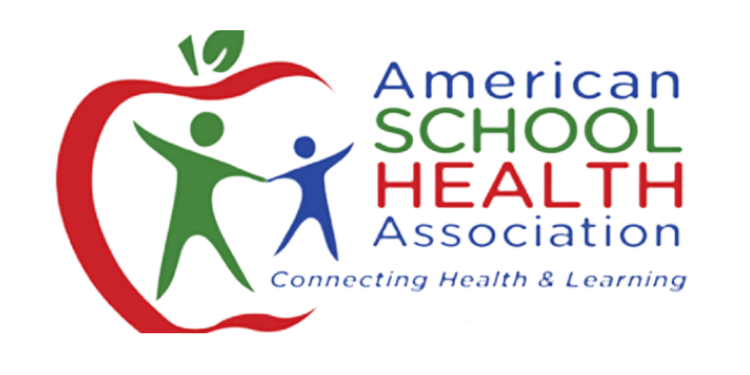Your Mission, Should You Choose to Accept It: Healthy Schools, Healthy Kids!
Why did you choose to become a school health professional? Did you choose school health—or did school health choose you? I suspect that many of us did not start out on this career path. As a high school student, I wanted to be a theater major (yes, I am still a “drama queen”) but I also considered special education, physical therapy, and English. My mom always wanted to be a nurse and at the time, nursing education was quick (three years versus four), cheap and I was guaranteed a job upon graduation. After a few years on the job, I realized how little attention medicine paid to prevention, so I went back to college to secure a degree in health education. My future changed when I decided to seek a K-12 health education teaching certificate. I loved working with kids! There weren’t many jobs for school health educators in New Jersey so I went back to college again to secure a school nurse certificate. My alma mater called and offered me a job as the high school nurse/teacher. From that moment on, I was hooked on school health. I drank the Kool-Aid and it was good!
Excited by my new career path, I joined a number of state and national professional organizations, always asking “What about the kids?” I wanted to ensure that kids stayed at the center of my work. Unfortunately, too many organizations focused on the needs of the adults—the educators, nurses, counselors—and not on the needs of kids. My work at the New Jersey Department of Education was no different—our “clients” were taxpayers, voters, unions, legislators—but never kids.
School health is about KIDS—pure and simple! Sure, we need well-educated adults to implement school health programs but let’s not forget our target audience: children and youth and the schools where they work and play. With the release of the Whole School, Whole Community, Whole Child (WSCC) model, some organizations are finally acknowledging that education and health must work together to ensure that students/kids are both healthy and ready to learn.
The American School Health Association has made this seismic shift. ASHA’s old mission statement clearly focused on its professional members. Positive outcomes for children and youth got lost in the laundry list of action verbs:
- The mission of the American School Health Association is to build the capacity of its members to plan, develop, coordinate, implement, evaluate, and advocate for effective school health strategies that contribute to optimal health and academic outcomes for all children and youth.
In 2014, ASHA adopted a new mission statement that moves from actions to outcomes and shifts the focus from adults to schools and students:
- The mission of the American School Health Association is to transform all schools into places where every student learns and thrives.
Some members were concerned that the word “health” did not appear in the mission statement. However, the word “thrive” means to grow vigorously and strongly, to progress towards or realize a goal, or to succeed and flourish. By using this word, the organization made a bold statement: we want children and youth to grow healthy, reach their goals, and blossom into successful individuals.
Certainly, ASHA’s members are critical to the achievement of this goal, whether they work in K-12 schools, higher education, community organizations, or government agencies. ASHA’s multi-disciplinary approach has always distinguished the organization from other professional associations. ASHA’s new mission reflects the vision of the organization’s founder, Dr. William A. Howe, who dedicated his life to children and the cause of school health.
As you reflect on why you entered the school health field, choose your mission. Focus your energy on creating schools where everyone—educators, students, and families—learn and thrive. You have been chosen to lead the way. What can you do to ensure that school health is always about the kids?
A small body of determined spirits fired by an unquenchable faith in their mission can alter the course of history.
Mahatma Gandhi


